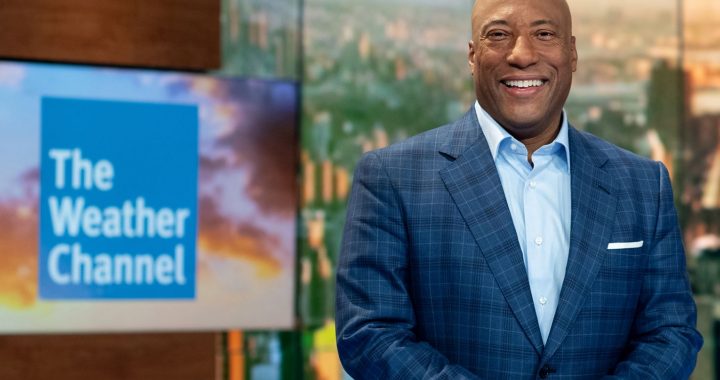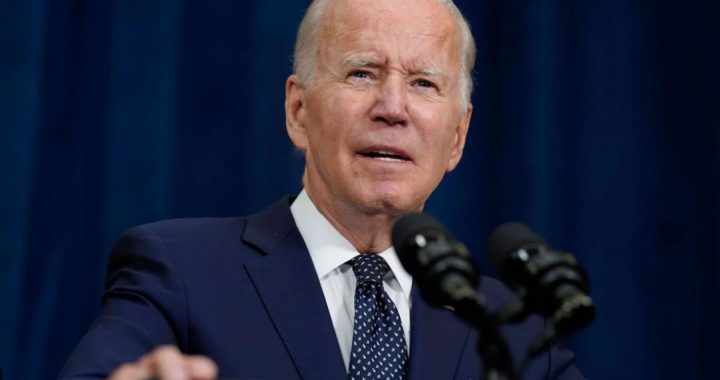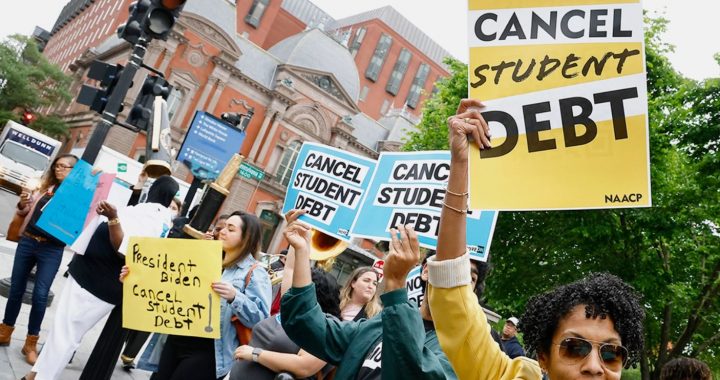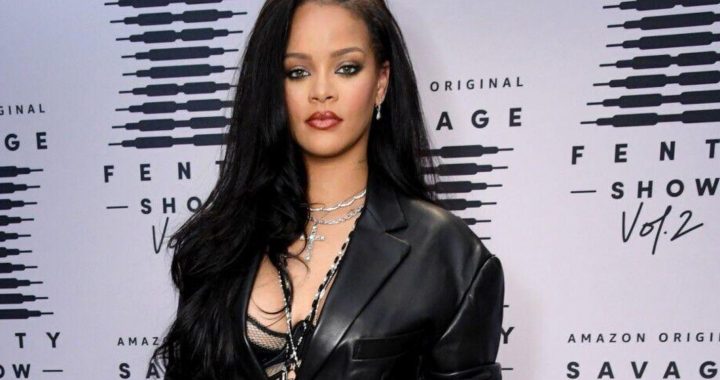The economy is showing signs of recovery. Many Black Americans are not.
Covid-19 exacerbated longstanding racial inequalities in the job market that experts say will take dramatic policy overhauls to fix.
By Dartunorro Clark
As Covid-19 began to prompt states to lock down and issue sweeping stay-at-home orders, Anastancia Cuna had to make one of the hardest decisions of her life.
She could either keep the nanny job she has had in the Boston area for the last 20 years or stay home and take care of her daughter, 12 at the time, while her husband worked as a social worker.
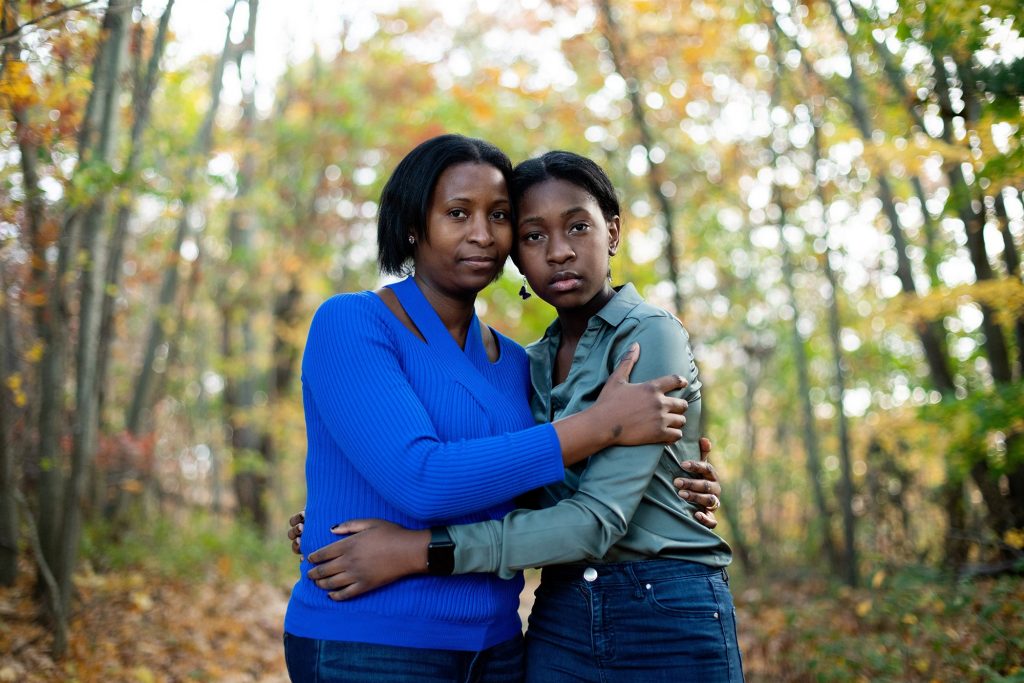
“It was a matter-of-life-and-death situation,” Cuna, 39, a Black immigrant from Mozambique, said in a phone interview, explaining that she worried her job might expose her to the virus. “It was hard to have to resign, but I know that with life, I can find another job, but if I had gotten infected and died, then I wouldn’t be able to ever support my child again.”
She left her job and became one of the tens of millions of Americans whose economic livelihoods were upended this year. The financial impact of the pandemic has disproportionately affected Black workers, who represent a disproportionate share of front-line workers, according to a recent study, and they are also more at risk for Covid-19. They are also the group with the highest unemployment rate. Currently, 12 percent of Black Americans are jobless; that is down from a high of nearly 17 percent in May, but it is up from the pre-pandemic rate of 5.8 percent in February and from the all-time low of 5.5 percent in September 2019.
Days before the election, President Donald Trump has doubled down on his claims of bringing the economy “roaring back to life” and promises of “epic job growth.” A government report released Thursday showed a record 33.1 percent increase in the growth of the country’s gross domestic product, which Trump promoted as evidence of “the great American comeback” (though experts have cautioned the reality is much more complicated). Jobless claims are also down on the whole.
But a rebounding GDP still leaves millions of Americans behind, especially people of color. Experts and Black workers said it will take a much more aggressive approach from the federal government and employers, such as overhauling labor laws and closing the racial wage gap, to address historic inequity in the American labor market — not simply bring Black unemployment back to pre-pandemic levels.
“I think that it is time for nannies and domestic workers to be valued, because we do work that makes all other work possible,” Cuna said. “Without us, judges, lawmakers, professors, doctors wouldn’t do their jobs. They’re able to do their jobs because we are there taking care of their children. So we need them to take care of us, too.”
Valerie Wilson, an economist at the labor-backed Economic Policy Institute, said the policy response to Covid-19 must take into account the impact it will have on different racial groups.
“No policy is ever race-neutral, even if race is nowhere in that policy. There is going to be a differential impact just because of how our society is structured,” she said.
‘Broader patterns of structural racism’
During a Fox News interview Monday, Jared Kushner, the president’s son-in-law and adviser, claimed that Black Americans still struggling under Trump simply weren’t working hard enough.
“President Trump’s policies are the policies that can help people break out of the problems that they’re complaining about, but he can’t want them to be successful more than they want to be successful,” he said.
Kushner’s comments, rooted in debunked racial stereotypes, sparked swift backlash.

Since the Bureau of Labor Statistics began collecting employment data in 1971, the Black unemployment rate has largely been twice the white rate, Wilson said. She called the disparity “one of the most defining features” of the U.S. market.
When controlled for education levels and gender, the gap is still nearly double.
“It’s not a matter of differences in experience. It’s not a matter of differences in education, which is presumed to be an indicator of skill. It’s not a matter of the overall health and strength of the economy, necessarily,” she said. “That makes a very strong argument for the fact that the difference itself is a reflection of discrimination in the labor market — and that being a result of the broader patterns of structural racism and structural inequality in our society.”
Racial discrimination in the labor market is illustrated in a variety of ways. Black workers are less likely to be hired or paid equally or to hold or be promoted to higher roles in companies, decades of research, analysis and government data have shown.
The pandemic magnified those longstanding issues. According to a Washington Post-Ipsos poll in May, 16 percent of Black workers reported having been laid off or furloughed since the pandemic upended the economy, compared to 11 percent of white workers. The crisis was not an outlier: Black workers are often the first to be fired when the economy weakens, as an exhaustive academic study found in 2010, which economists have long called the “last hired, first fired” phenomenon.
According to a study in June by the National Employment Law Project, Black workers faced higher rates of retaliation for raising Covid-19 safety concerns, and they were twice as likely as white workers to report having unresolved coronavirus-related concerns at work. Black workers are also disproportionately represented in low-wage, blue-collar jobs, studies show— the types of jobs that cannot easily make the transition to work from home during a pandemic.
Ieshia Townsend, 34, a McDonald’s employee, was among the thousands of food workers who marched in Chicago over the summer to demand better safety protections, better wages and full benefits, as well as to address racial inequality following the death of Floyd.
Because her hours were cut due to the pandemic, to make ends meet, she had to start working for multiple delivery-app companies — Uber Eats, Grubhub, DoorDash, Postmates and Instacart. As a crew member — even full time — she was not eligible for health insurance benefits. And as a worker for delivery apps who is designated as a contractor, she also does not have access to other basic benefits.
“I feel that I get disrespected. There’s no dignity and no pride,” Townsend said in a phone interview. “I feel if I work for a billion-dollar corporation, there is no way that, as your worker, you cannot tell me that you can’t help me.”
‘The canary in the coal mine’
Pushed by the racial reckoning across the country and a clarion call to reverse racial inequalities, many corporations and other businesses swiftly issued public statements in support of the Black Lives Movement. They also flooded racial justice organizations with donations.



